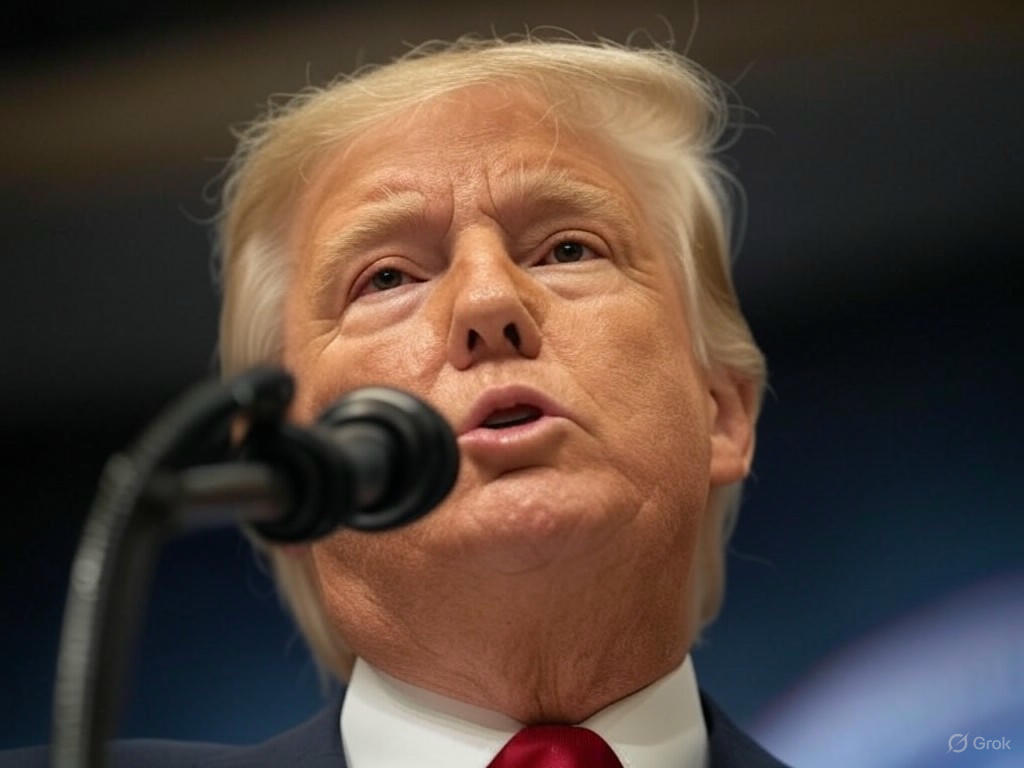Controversy Erupts as Trump Links Travel Ban to Boulder Tragedy
In the wake of a tragic incident in Boulder, Colorado, former President Donald Trump has reignited a heated debate by tying the event to his past travel ban policies. Speaking at a recent public event, Trump suggested that the attack, which shook the local community, could have been prevented had stricter immigration controls been in place. This statement has drawn sharp criticism, particularly from Jewish community leaders who argue that such rhetoric distracts from the pressing issue of rising antisemitism in the United States.
The Boulder attack, which left several people injured and sparked nationwide mourning, has become a focal point for discussions on public safety and societal tensions. While the details of the incident are still under investigation, early reports indicate a complex mix of motives that may not align with the simplistic narrative of immigration policy failures. Trump’s comments, however, have shifted the conversation toward his controversial travel ban, implemented during his presidency, which restricted entry from several predominantly Muslim countries. He framed the policy as a necessary shield against potential threats, using the Boulder tragedy as a case in point. This connection, though, has been met with skepticism and frustration by many who feel it oversimplifies a multifaceted issue.
Jewish advocacy groups and leaders have been particularly vocal in their disapproval. They contend that linking the attack to immigration policies muddies the waters at a time when antisemitic incidents are on the rise across the country. Data from recent years shows a troubling increase in hate crimes targeting Jewish communities, from vandalism of synagogues to violent assaults. By focusing on a narrative of foreign threats, critics argue, Trump’s remarks risk sidelining the very real and growing danger of domestic extremism and prejudice. One prominent Jewish leader remarked that the focus should be on fostering unity and addressing hatred within American borders, rather than pointing fingers at external scapegoats. This sentiment echoes a broader concern that political rhetoric can sometimes inflame divisions rather than heal them.
As the nation grapples with the aftermath of the Boulder incident, the debate over Trump’s comments highlights deeper questions about how society addresses tragedy and assigns blame. While some of his supporters applaud the emphasis on stringent border security, others worry that such statements perpetuate stereotypes and hinder constructive dialogue. The challenge lies in balancing legitimate security concerns with the need to combat hatred and intolerance at home. For now, the criticism from Jewish leaders serves as a reminder that the fight against antisemitism—and all forms of bigotry—requires a focused and inclusive approach, one that resists the temptation to exploit tragedy for political gain.
In the days ahead, as more information about the Boulder attack emerges, the hope is for a national conversation that prioritizes healing over division. The voices of those affected, including marginalized communities, must take center stage. Only then can America hope to address the root causes of violence and build a safer, more united future for all its citizens.


